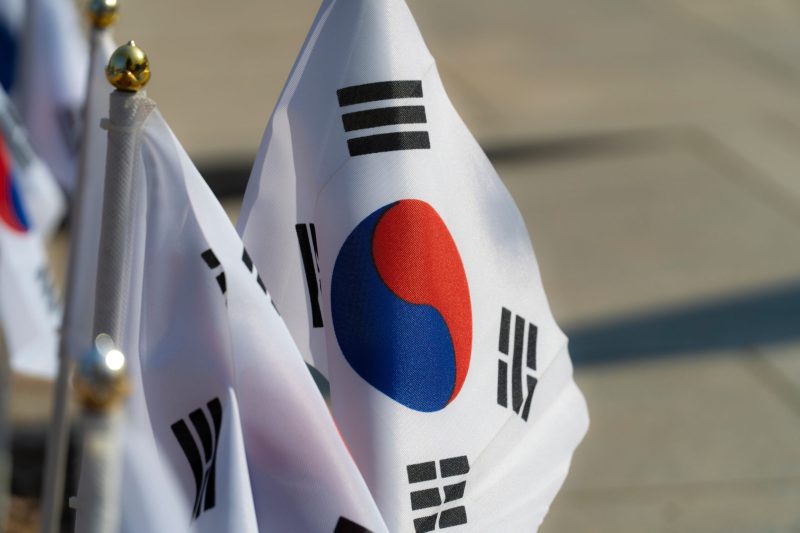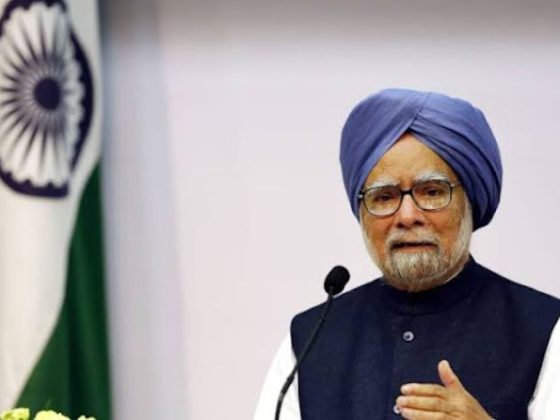South Korea’s parliament has impeached acting President Han Duck-soo, deepening the nation’s political uncertainty as suspended President Yoon Suk Yeol faces trial over his controversial imposition of martial law.
The impeachment motion passed on Friday with 192 out of 300 votes, triggering a leadership shake-up and leaving Finance Minister Choi Sang-mok to assume the acting presidency.
South Korea parliament majority votes to impeach acting president Han reut.rs/40aZ1SW
The dramatic vote comes in the wake of public outcry and political strife sparked by Yoon’s December 3 declaration of martial law, which led to his own impeachment on December 14.
Opposition parties, led by the Democratic Party, accused Han of failing to act in the nation’s best interests and obstructing the appointment of justices to the Constitutional Court, a move seen as critical to the nation’s governance during this crisis.
Han’s actions amounted to ‘insurrection’?
The Democratic Party, which holds a parliamentary majority, spearheaded the motion against Han, arguing that his actions amounted to “insurrection.”
Opposition leader Lee Jae-myung called for swift action to restore public trust and stability, citing overwhelming public support for Yoon’s removal following his martial law decision.
“The only way to normalize the country is to root out all insurrection forces,” Lee declared in a heated address before the vote.
Despite strong objections from the ruling People Power Party, the impeachment motion passed amid chaotic scenes in parliament, with lawmakers clashing over the validity of the vote.
Han, who had served as acting president since Yoon’s suspension, stated he would step down to prevent further instability and await the Constitutional Court’s ruling on his impeachment.
Choi Sang-mok steps into acting presidency role
Finance Minister Choi Sang-mok has stepped into the acting presidency role, inheriting a challenging economic and political environment.
Prior to the vote, Choi warned parliament against impeaching Han, citing potential harm to South Korea’s economy.
South Korea has its third President this month. President Yoon got impeached on December 14 while acting President Han Duck-soo was impeached today. The new acting President will now be Choi Sang-mok.
The South Korean won fell to 1,475.4 per dollar, declining 0.53% following news of the impeachment.
The uncertainty surrounding the leadership crisis has raised concerns among investors, with analysts closely monitoring the Constitutional Court’s proceedings.
The court now has 180 days to decide whether to uphold or overturn the impeachment of Yoon and Han, a ruling that could reshape South Korea’s political landscape.
Constitutional Court’s role in the crisis
As the court convened for its first hearing on Yoon’s impeachment, questions loomed over the broader implications of the crisis.
Han’s impeachment marked an unprecedented move, as lawmakers debated whether a simple majority or a two-thirds vote was required to remove an acting president.
Speaker Woo Won-shik clarified that a simple majority was sufficient, paving the way for the motion to pass.
The ongoing trial of Yoon and the leadership vacuum created by Han’s removal have left South Korea at a political crossroads.
Observers note that the Constitutional Court’s decision will not only determine the fate of the country’s leadership but also set a precedent for addressing future political crises.
As South Korea navigates this turbulent chapter, both its political and economic stability hang in the balance, with domestic and international stakeholders watching closely for signs of resolution.
The post South Korean parliament impeaches acting President Han Duck-soo: here’s why appeared first on Invezz


